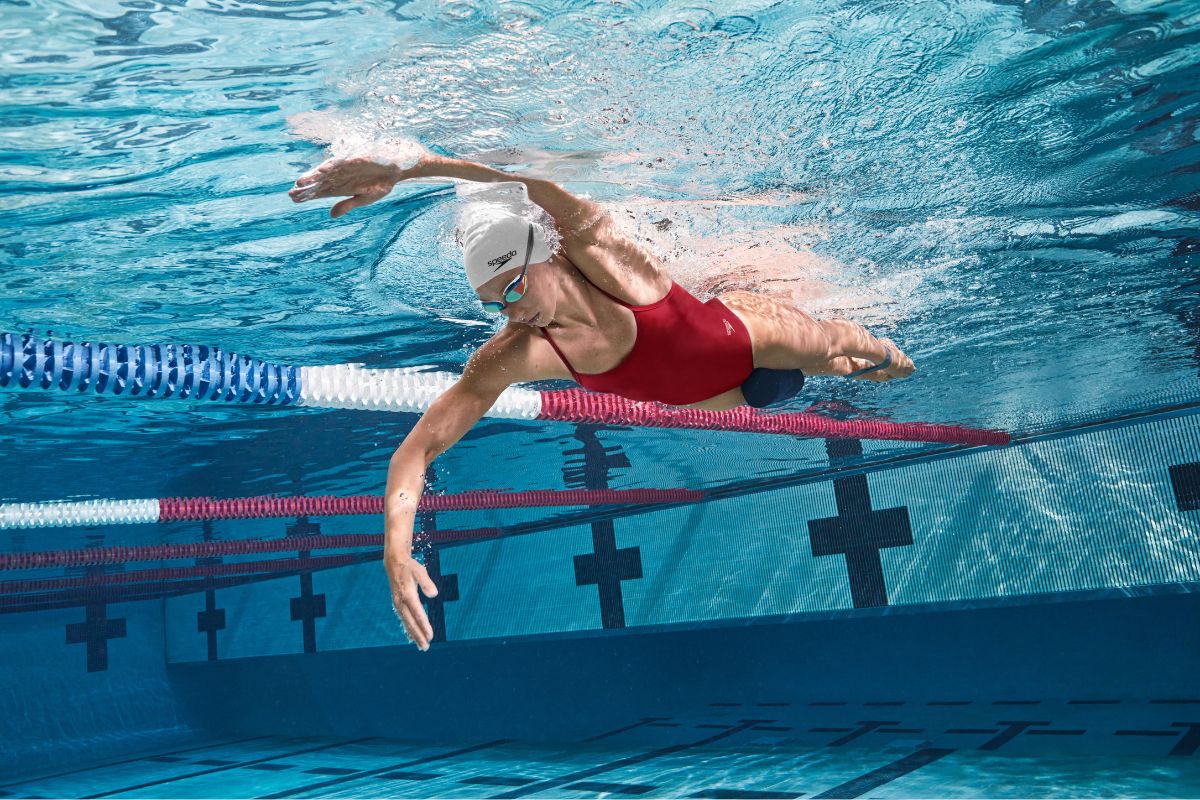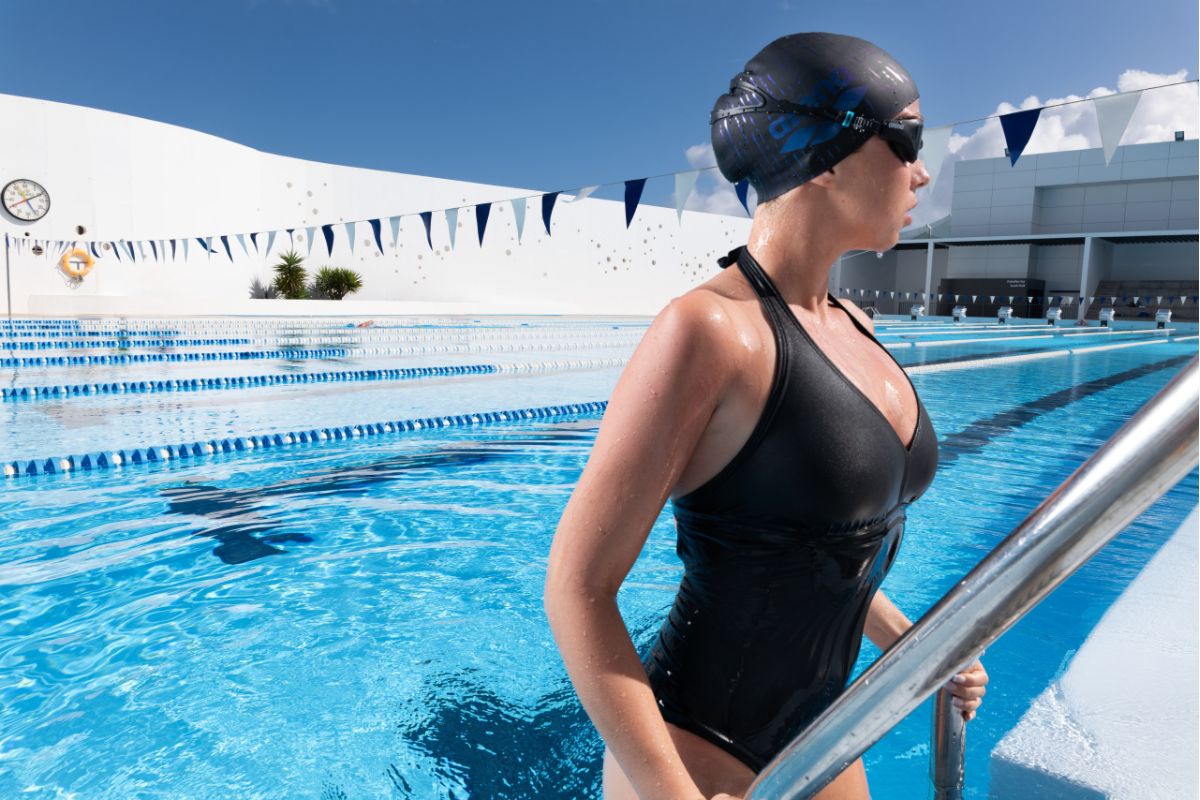Swimwear isn’t just about fashion—it’s performance gear, too. Whether you’re training, aqua jogging, or racing, the right suit makes a difference. Let’s break down the three most common types of functional swimwear: Training Suits, Aquafit Suits, and Tech (Racing) Suits.
Training Suits: The Everyday Workhorse
Training suits are built to last through countless hours of pool time. They're made with durable polyester or polyester blends that resist chlorine and sun damage. Think of them as the “gym clothes” of swimwear—practical, supportive, and comfortable for day-in, day-out use.
These suits come in many styles: thin strap, thick strap, high cut, and more. While they hug the body closely for reduced drag, they’re not compressive like tech suits.
Typical Materials: 100% polyester, polyester/PBT blends.
Best For: Swim practices, fitness swimming, youth team training, and recreational lap swimmers.
Aquafit Suits: Designed for Movement and Support
Aquafit suits are ideal for water aerobics, aqua jogging, and low-impact water exercise. They usually feature built-in bras, modest leg cuts, and a bit more coverage overall. These suits are designed with support, comfort, and freedom of movement in mind—without the compressive squeeze of performance suits.
Most Aquafit suits prioritize chlorine resistance, and many are made with UV-protective fabrics for outdoor pools. They’re often lined in Canada and the U.S., whereas in some European designs, lining may be omitted for a lighter feel.
Typical Materials: Polyester/spandex blends, chlorine- and UV-resistant fabrics.
Best For: Water fitness classes, lap swimming with less intensity, and those seeking coverage and comfort.
Tech Suits: Built for Speed and Performance
Tech suits (also called racing suits) are engineered for competitive performance. They’re ultra-lightweight and compressive, made with water-repellent fabrics and bonded seams that reduce drag. Designed to support muscle engagement and streamline the swimmer’s form, they’re worn by athletes during races—not practice.
These suits typically come in jammer or kneeskin styles and are often FINA-approved. Due to their tight fit, they take time (and sometimes help) to put on and are not meant for everyday use. Most tech suits are unlined or minimally lined to maintain lightness and hydrodynamic advantage.
Typical Materials: Polyamide/elastane blends, hydrophobic microfibers, carbon-infused fabrics.
Best For: Competitive swimmers during meets, time trials, or any event where milliseconds count.
Key Differences at a Glance
| Feature | Training Suits | Aquafit Suits | Tech/Racing Suits |
|---|---|---|---|
| Fit | Comfortable, snug | Supportive, modest | Tight, compressive |
| Use Frequency | Daily use | Daily/weekly classes | Only for race days |
| Fabric | Chlorine-resistant poly | Chlorine + UV protection | Water-repellent tech blends |
| Lining | Often lined (NA) | Usually lined (NA); varies in EU | Unlined or lightly lined |
| Style | Thin/thick straps | Full coverage, built-in support | High-performance jammer/kneeskin |
| Material Examples | Polyester, PBT | Polyester/spandex | Polyamide/elastane, carbon weave |
| Cost | Affordable | Mid-range | Premium/high-end |
Cultural & Regional Variations
In Canada and the U.S., most women's training and Aquafit suits are lined for modesty and support. In contrast, many European brands skip full linings, focusing more on feel and hydrodynamics. When shopping internationally, this can be a surprise—so always check the product description if coverage matters to you.
Which One Is Right for You?
-
Training daily? Choose a chlorine-resistant training suit.
-
Doing aqua aerobics or water walking? Aquafit is your match.
-
Racing competitively? You’ll need a tech suit for race day performance.
Still unsure? Bring your goals to a SwimExpert and we’ll match you with the suit that fits your lifestyle, performance level, and comfort needs.





Cindy Wilson
August 20, 2025
Good morning. I am looking for assistance to find a tech suit (female) The last one was purchased in 2019, an Arena brand size 28. Currently wearing a TYR one piece suit, size 38 American.
Any assistance would be great please.
We reside in Winnipeg and unfortunately there is no store that carries a tech suit that we have been able to find.
Thanks.